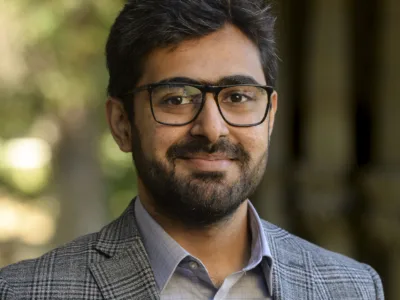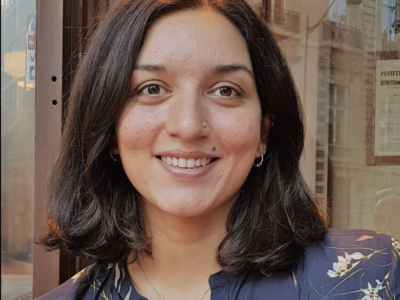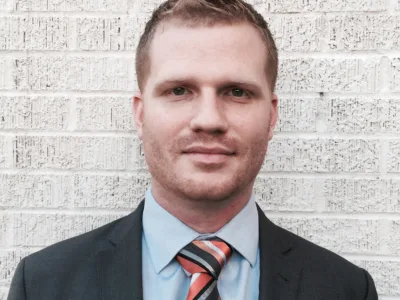US-Pakistan counterterrorism cooperation beyond Afghanistan
The conflict in Afghanistan remains the focal point of the fragile and sometimes antagonistic security partnership between the United States and Pakistan. A potential political settlement to the conflict in Afghanistan and withdrawal of U.S. troops will mark a transition in this delicate relationship. Violence has plummeted over the last decade in major cities such as Karachi, but sectarian movements and terror groups are once again gaining traction in the country. The security situation in Pakistan’s tribal areas also remains tense despite their merger with the rest of the country. How will a Pakistani counterterrorism landscape that is increasingly urban, police-led, and affected by sectarian conflict shape the U.S.-Pakistan security relationship? Join what promises to be a discussion that delves into significant yet underexplored issues in the U.S.-Pakistan relationship with Shamila Chaudhary of the American Pakistan Foundation and New America who served in the White House as Director for Pakistan and Afghanistan on the National Security Council from 2010-2011, Dr. Zoha Waseem who is a postdoctoral research fellow at University College London and expert on counterterrorism and policing in urban areas, and Dr. Asfandyar Mir who is a postdoctoral fellow at Stanford University with a focus on counterterrorism and counterinsurgency in South Asia. The conversation will be moderated by Adam Weinstein who is a research fellow at the Quincy Institute. The panel will take place on Tuesday, October 20 at 2 pm ET.
Program
Panelists

Shamila Chaudhary
Shamila Chaudhary served in President Obama’s White House as Director for Pakistan and Afghanistan on the National Security Council from 2010-2011. She is currently president of the American Pakistan Foundation and serves as a Senior South Asia Fellow at New America and a Fellow at the Johns Hopkins University School of Advanced International Studies (SAIS), where she previously served as Senior Advisor to Dean Vali Nasr. Prior to her role at the White House, she served in the U.S. Department of State’s Policy Planning Staff, where she advised Secretary Clinton and the late Ambassador Richard Holbrooke on Afghanistan and Pakistan and the State Department’s Pakistan Desk.

Dr. Asfandyar Mir
Dr. Asfandyar Mir is a Postdoctoral fellow at the Center for International Security and Cooperation at Stanford University. He holds a Ph.D. in Political Science from the University of Chicago. His research focuses on counterinsurgency, counterterrorism, drone warfare, political violence, and al-Qaida with a regional focus on South Asia. His academic research has appeared in International Security, International Studies Quarterly, and Security Studies. His commentary has been published in Foreign Affairs, Foreign Policy, H-Diplo, Lawfare, and Washington Post Monkey Cage.

Dr. Zoha Waseem
Dr. Zoha Waseem is a postdoctoral research fellow at the Institute for Global City Policing, University College London and co-coordinator for the Urban Violence Research Network. Previously she served as a teaching fellow at the School of Oriental and Afrian Studies in London. She holds a Ph.D. from the School of Security Studies, King’s College London where her doctoral research focused on the impacts of securitization policies in urban areas. Dr. Waseem is an expert on policing and counterterrorism in Pakistan.

Adam Weinstein (Moderator)
Adam Weinstein is a Research Fellow at the Quincy Institute. He previously worked for KPMG’s international trade practice. Adam’s current research focuses on security, trade, and rule of law in Afghanistan and Pakistan. He is a member of the American Pakistan Foundation’s Leadership Council and has presented at various conferences in Pakistan. Prior to consulting, he worked as senior law and policy analyst at the National Iranian American Council where he focused on the securitization of U.S. immigration policy and its effect on immigrant communities. He received a JD from Temple University Beasley School of Law with a concentration in international law and transitional justice. Adam served as a U.S. Marine and deployed to Afghanistan in 2012 as part of a detachment to the 2nd Air Naval Gunfire Liaison Company where he served in Uruzgan Province in support of Australia’s 2nd Commando Regiment.
